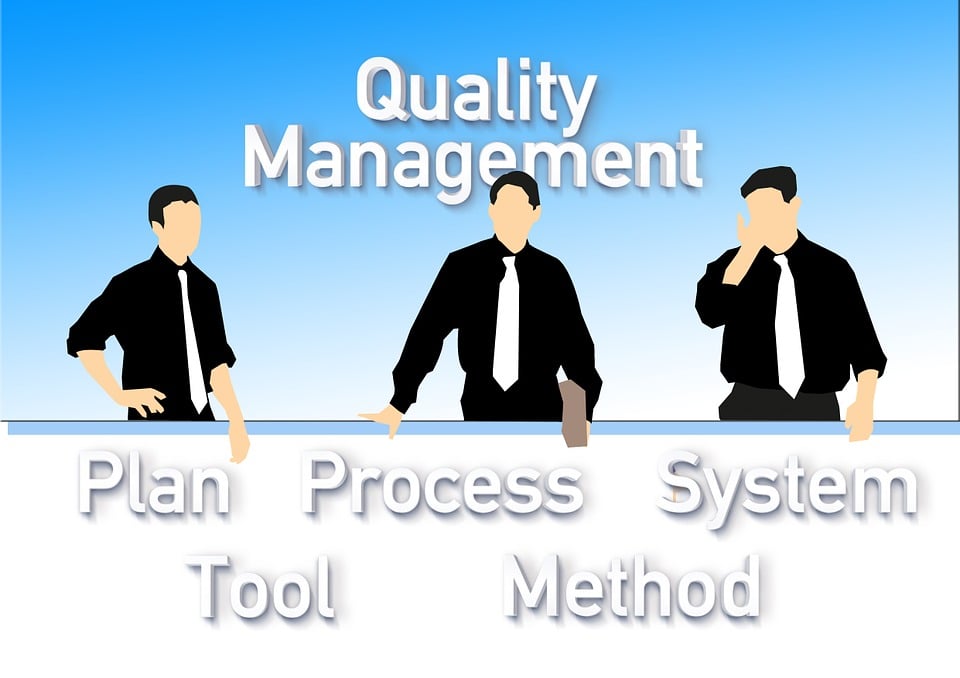In order to maintain the satisfaction of both landlords and tenants, a property management must be a competent juggler of many tasks. They are in charge of maintaining the value of rental homes in addition to maintaining the upkeep and general condition of the premises. Although only a high school graduation is needed for this position, many clients will choose to work with a professional who has a degree in real estate, finance, or business. We've compiled a list of qualifications a property manager must possess in order to succeed professionally.
1. Knowledge And Expertise
Property managers are tasked with maintaining and sometimes even raising a property's worth on a constantly shifting market. Although having a degree is not a prerequisite, it is always preferable for managers to have one because it may aid them with certain elements of their profession, such as marketing and accounting. For anyone who wishes to advance professionally, taking classes in business, accounting, real estate, or marketing can be highly beneficial. If you're just getting started in the industry, you might want to think about working as an assistant to a principal or property manager who has plenty of expertise so you can pick up the skills quickly. It might also be advantageous to have prior experience working as a broker or sales agent because property management and these positions share some similarities.
2. Strong Communication Abilities
The capacity to interact and communicate well with people is one of the most important traits a property manager should possess. A manager must use his negotiation skills while dealing with disgruntled tenants or persuading landlords to make improvements to a property because these situations can be difficult. Building successful relationships with current tenants and property owners requires a polite, upbeat attitude as well as excellent customer service abilities. The ability to communicate succinctly and clearly, both in writing and verbally, is necessary for success in the field.
3. Organizing Abilities
Excellent organizational abilities are needed to communicate with many tenants and manage multiple properties. A smart manager will always have access to a comprehensive database of owners and tenants. Names, phone numbers, addresses, and information on the contractors, vendors, and maintenance workers should all be included in this database. A professional property manager will also have no trouble managing multiple projects at once and creating appropriate schedules for all property maintenance duties. Along with examining tenancy applications, signing leases, paying bills, compiling financial reports, and presenting lease renewals, it's crucial to keep a calendar of all deadlines for rent payments, inspections, and repairs.
4. Having An Eye For Detail
Excellent property managers are constantly well aware of the small nuances that safeguard both landlords and tenants. They must adhere to all state laws and rules governing fair housing and accessibility for people with disabilities. They must also make sure there are no safety risks that can provoke unwelcome legal actions. A manager will conduct routine inspections and handle all necessary repairs promptly to prevent any problems with managed properties.

